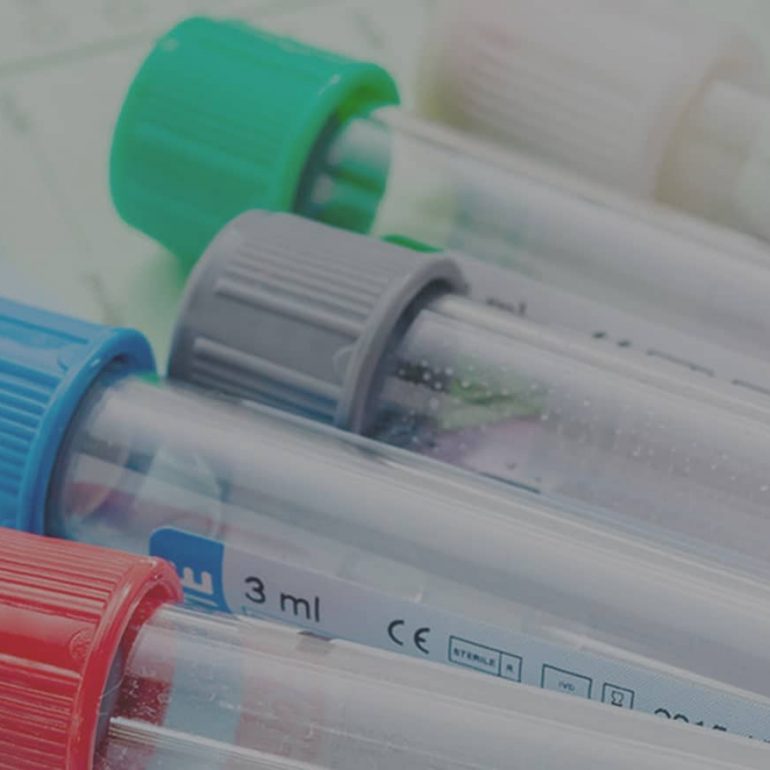Semen Analysis
What is a semen analysis?
- The number of sperm
- The shape of the sperm or morphology
- The movement of the sperm, also known as “sperm motility”
- The concentration of the sperm
- Semen volume and thickness of sperm fluid
- Leukocytes or white blood cells to determine whether there is an infection or inflammation
What is the procedure for Semen Analysis?
- Abstaining from ejaculation for at least 2 to 5 days prior to the test
- Avoiding caffeine and alcoholic beverages during these days.
- Avoiding using lubricating gels during ejaculation so that semen remains unadulterated
When is IVF for male infertility recommended?
IVF for male infertility is usually recommended when there is a low concentration of normal sperm. IVF is also recommended with there is a combination of male and female fertility factors. In such cases, IVF helps to increase the chances of egg fertilization.
In severe male factor infertility, the doctor may recommend IVF with Intracytoplasmic Sperm Injection (ICSI). This process involves choosing a single healthy sperm and injecting it directly into the egg thereby improving the chances of fertilization.
The Xenith Advanced Fertility Centre uses the most advanced semen analysis lab in Pune to conduct specialized tests for semen analysis. The high accuracy of these tests help us to correctly diagnose the condition of male infertility and prescribe specific treatment. At Xenith, you’ll find the cost of a semen analysis test very competitive.

